11am to 4pm for more information visit www.exhibitbe.com
|
"Mobile In Black And White" (MIBAW), the collaborative documentary film of Robert Gray and Joe'l Lewis, is a strong primer for anyone who wants a straight-up education on the cause and effects of institutionalized racism in America. The film smartly outlines the economic, educational, and legal systems that produce white privilege and in the process, proves that race as white supremacists have constructed it creates a limited and limiting place for black Americans. After watching "MIBAW", one would be hard pressed to claim that opportunities for non-white Americans are equivalent to those of whites - and a fundamental theme of "MIBAW" is that, "not talking about it hasn't taken us to a place where it doesn't matter." That's a potent argument against current claims that a post-Obama nation is a "post-race" nation. Constructive dialog is the driving hope of this film: we can't change something unless we understand what that something is. I'm greatly encouraged that the filmmakers collected such a diverse group of people to so articulately illustrate these graphic truths.
And though I understand the desire to make this material as objective as possible (as a way to pre-empt one's critics), the filmmakers' tactic of focusing the entire film on fact-based statements from a mostly academic p.o.v. left me wishing for more personal stories. A few folks were given the space to do so, and they were the most compelling parts of the film for me. Karlos Finley's moving articulation of what it feels like to be told he's, "not like other blacks" and April Dupree Taylor's account of being excluded from her co-workers' white/racist Carnival events were powerful testimonies. Additionally, the poetry woven throughout the film was beautifully potent - Bama, Audre Lorde, Robert Gray - all spoke passionately and compellingly on racism and our collective responsibility in dismantling it. If the directors had followed Tim Wise's theory that, "systemic injustice only makes an impact when we connect it to human stories", "MIBAW" would have resonated with me more deeply. Despite this aesthetic/conceptual issue, this film can serve a great purpose by opening dialogs in many arenas: within academic contexts, for parents wanting an accessible tool to educate teens, and for anyone needing an ABC's refresher course on the institutionalized racism that so many are suffering from - and fighting against - today. - EAU http://mobileinblackandwhite.org/2012/10/10/mobile-in-black-white/ MOBILE IN BLACK AND WHITE, Spectral Grey Production (2014, 92 minutes) Curator/artist Brandan Odums' amazing, site-specific Prospect 3 collaborative installation "ExhibitBe" is closing onJan 17th! As it's only open to the public on Saturdays, opportunities to check it out are diminishing quickly. This Saturday (Jan 10th/12-4pm) Hot Cars TV will be holding their first car meet of 2015 on-site, so it's worth bundling up and heading out to Algiers. This is a terrific example of public art as a tool to effect social change - it's truly, gorgeously inspired. Visit their website and facebook page for more history and details:
http://brandanodums.com/be/ https://www.facebook.com/exhibitbe?ref=br_tf I began my New Year's Day with "The Loving Story", the award-winning HBO documentary on Mildred and Richard Loving's fight against the anti-miscegenation laws that prevented them from living as husband and wife in their home state of Virginia. What a powerful, historical event in the ongoing fight for civil rights in America - what a deeply inspiring reminder of what is possible with true love - and what a terrific film.
Does it need saying that the fundamental issues we as a species are currently and graphically struggling with remain to be institutionalized racism and white supremacy? Laws can change, as the Lovings bravely proved, and still these horrific social constructs oppress and kill human beings. What will it take to unravel the system that produces such injustices? The story of the Lovings, who won their Supreme Court case in 1967, and hence "The Loving Story" documentary, screened in 2012, present answers that remain culturally relevant and crucially inspiring. First and foremost, director Nancy Buirski gets the facts right, which probably everyone reading this blog well knows: the Lovings grew up in a rural Virginia community, fell in love and got married in 1958 in Washington DC. Upon returning home, they were arrested by Virginia police who were upholding then-current laws against inter-racial married couples living together in that state. The Lovings lived in forced exile, or constant fear of imprisonment when they dared return to Virginia, for the many years that the ACLU pursued the Lovings' lawsuit against the State of Virginia, which won in the Supreme Court in 1967, thereby striking down similar laws in the 28 states that still held them at that time. This was a gigantic step forward in our country's civil rights movement and set the precedent for the present-day legal battles regarding same-sex marriage. The facts in this film, however, are secondary to the palpable chemistry and integrity of Mildred and Richard Loving. "The Loving Story" smartly grounds its narrative by putting this wonderfully warm and entirely relatable family at the forefront - theirs was a normal life rich with community, work, play, struggle and joy. And how great to see a director willing to let her subjects tell their own story; how reflective of the underlying message of their struggle and eventual victory. Weaving intimate, vintage film footage around first-person monologues, Buirski enabled me to connect so directly with them by personalizing their historic journey. What's more endearing than the obvious adoration Mildred and Richard felt for each other? Their love resonated like something out of an archetypal myth. By getting out of the way and letting the Lovings' own experiences function as her framing structure, Buirski essentially says, "These two are destined to be together; laws against love are destined to crumble." The simple fact of the Lovings demands that we as a culture dismantle racist (sexist/homophoboic/classist) constructs and the criminally repressive culture they produce. If only it were that simple. What luck that Mildred's random letter appealing to Attorney General Robert Kennedy led the Lovings to the young ACLU lawyers that had the intelligence and stamina to see this case to its rightful end! The archival footage of lawyers Bernard Cohen and Philip Hirschkop brainstorming, advising and finally arguing their case in the Supreme Court is thrilling - to see the inner workings of change in action is rare and a great reminder that these battles are fought on many playing fields, by many people, in big and little ways. The lawyers' clear-sighted understanding that laws prohibiting 'race mixing' were inherently designed to maintain white supremacy via segregation, and thereby unconstitutional, is refreshingly smart juxtaposed with the irrational hysteria of the racist white community who raged against them. I've a great affection for lawyers who use their skills and power to fight the system from within - these guys represent the best of that. I can honestly say that the Lovings inspire me to remain willing to look directly at the dark side of our culture with courage and perseverance and, yes, love. The temptation to "close up" in this violent world can be strong - it can feel like the safest route to take, given the brutality of what's happening on the streets of America today. Yet I'm happy that I remain teachable about how I can live in this world without perpetuating racism; I remain teachable about how to disengage from the system of white privilege that I myself have benefitted from; I remain teachable about how to cultivate love. Additionally, that there is such a gorgeous archive of personal and public documentation of the Lovings reminds me of how absolutely necessary it is to tell our stories of daily life and resistance against injustice and victories. The creative process is a powerful tool that I unequivocally believe can be used to effect social change. Photography, film, art, dance, music, writing, cooking, reading, listening, questioning - these are revolutionary acts that sustain my hope for the future. So here's to those who have gone so bravely before us and given us the blueprint for a life wholly, bravely lived! My New Year's wish is that we can all be as true to ourselves and the stories our lives are meant to tell as Mildred and Richard Loving. - Elizabeth Underwood (I rented "The Loving Story" from my library and it's available on Netflix - visit http://lovingfilm.com/ #lovingfestival |
The New Orleans Loving Festival is a Multiracial Community Celebration & Film Festival that challenges racism through outreach and education. The "Loving Festival" is an initiative of Charitable Film Network.
Contributors:JW Bottletree Archives
January 2017
Categories
All
|
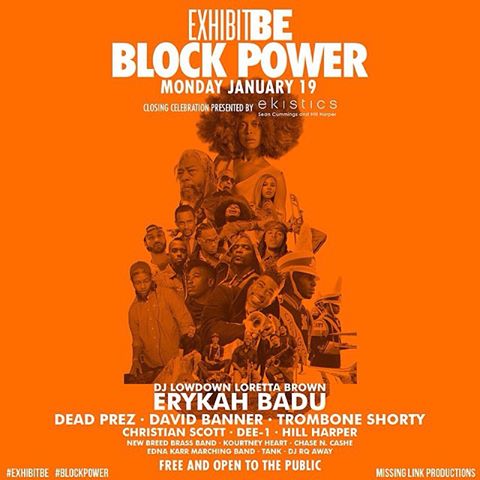
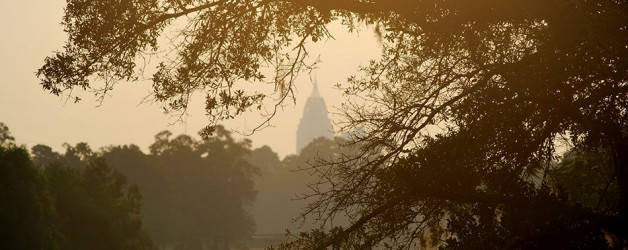
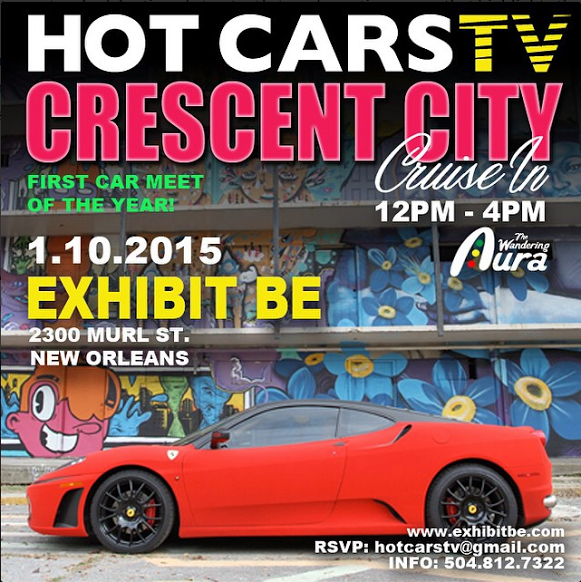
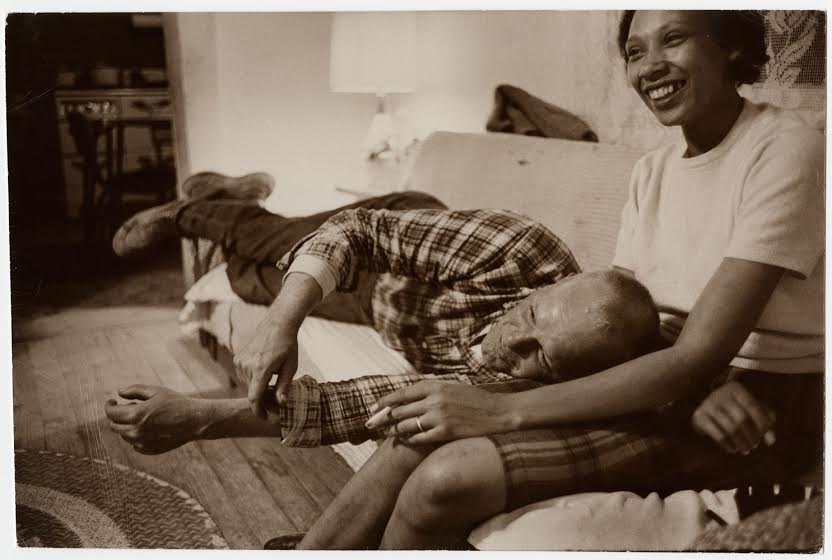
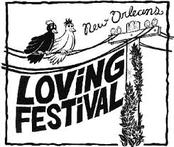
 RSS Feed
RSS Feed